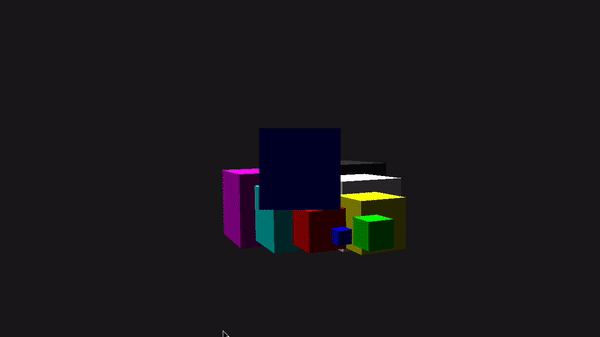ScienceDiscoverer said:
I strongly dislike the vector that game development acquired some years ago, and according to which it continues to move steadily at present. The overuse of mainstream, generic game engines. Yes.
But this trend isn't restricted to just engines. It also affects anything else - gameplay, setting, story, characters.
With that impression in mind, choice of engine seems to have the least impact on the often disappointing outcome.
ScienceDiscoverer said:
I think that the “core” or “soul” of the game is its Engine.
That's only true if your game requires certain technology which generic game engines can not do.
But if your generic game can be implemented without issues on any generic game engine, nothing wrong with using a generic engine.
Ofc. some innovative game with new mechanics, or another game not doing anything revolutionary but being just good, can also mostly be implemented using generic game engines without restrictions. In this case - again nothing wrong about using them.
ScienceDiscoverer said:
Another issue lies in the fact that game designers in many cases need to adjust their design to fit concrete engine.
Do they? I would guess engine limitations are rarely an issue. I mean, they try to make a game which is similar to their last game usually, just bigger. And for being bigger the limit is usually content creation, so budgets, not so much engine limitations. But idk.
ScienceDiscoverer said:
I wish gamedev industry would ditch this engines one day, and begin to foster original ideas on all the level of development.
Every time some studio proudly announces to ditch their custom engine in favor of Unreal it's sad news, and it feels like a slow death of game development in favor of just content creation.
ScienceDiscoverer said:
This is hard and expensive, I get it.
I don't. I expect paying 10 programmers is nothing compared to paying 300 artists.
Idk what's the problem. Maybe it's Epic and NVidia sucking up all talented people, and studios having a hard time to find experienced expertise replacing their seniors.
ScienceDiscoverer said:
I tried it myself, you know. Some years ago I tried to implement some primitive 2D engine, but it turned out to be TOO primitive. This year I tried to challenge myself to create DX12 engine from complete scratch. The ultimate goal was an FPS game.
You could be already done with that game if you had decided to use Unreal, and it might look better and run faster.
Eventually. But maybe i'm wrong. Yep - i'm pretty sure i'm wrong. Otherwise i would not try to do the same thing myself. ; )
ScienceDiscoverer said:
but I got cut down by the super complex math of collision detection system
Personally i do a compromise. I use libraries, e.g. a physics engine.
I worked on physics sim decades ago. I could get it to work, somehow.
But likely i could not reach the robustness and performance of the open source physics engine.
So i better spend my time elsewhere. It's finite, and i can't do everything on my own.









